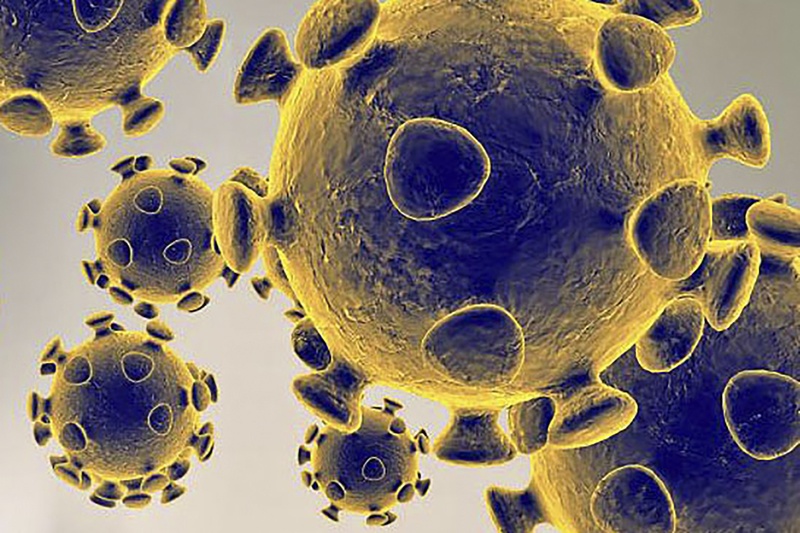WASHINGTON: A coronavirus variant first identified in Britain is rapidly spreading in the United States, threatening to bring a surge of new cases as it doubles roughly every 10 days, according to a new study. The paper was posted online on Sunday and has not yet been peer reviewed, but it does offer the most comprehensive look at the rise of B.1.1.7 in the country hit hardest by the pandemic.
A team of scientists led by researchers at The Scripps Research Institute analyzed half a million test samples collected across the country since last summer. Rather than individually sequence all of them, they were able to identify a particular anomaly that was a "reliable proxy" for B.1.1.7. They also analyzed the full genetic sequence, a more time-consuming process, for 212 samples.
They found the variant was introduced at multiple points into the US in Nov 2020, and while currently low in overall frequency, it is set to become the dominant form of the virus by March. The team added that transmission rate was at least 35-45 percent higher than more common variants, and its prevalence is doubling every week and a half.
Britain saw devastating waves of COVID after B.1.1.7 became dominant there, and the variant has been observed in many European countries including Portugal and Ireland. "B.1.1.7 is much more contagious - so it can quickly overwhelm a nation," Ashish Jha, dean of the Brown University School of Public Health, tweeted in response to the paper.
Ireland had got its outbreak under control by late 2020, but in January B.1.1.7 triggered an exponential wave there that it is now recovering from. The United States is the world's hardest-hit country, with more than 27 million confirmed cases and 460,000 deaths, but its last wave peaked around January 8 and infections have been dropping since.
There are fears that B.1.1.7 could trigger a new spike, and it is spreading particularly rapidly in Florida, according to the study. The study's authors called for the United States to build up its COVID genomic surveillance system. Current vaccines remain effective against the variant, while the use of masks drastically reduces transmission. - AFP











